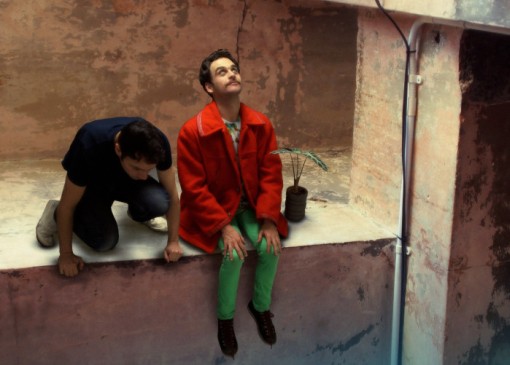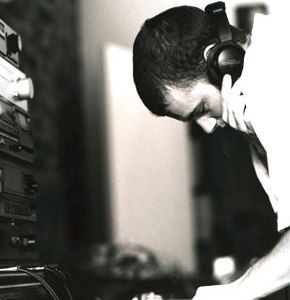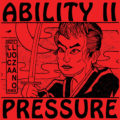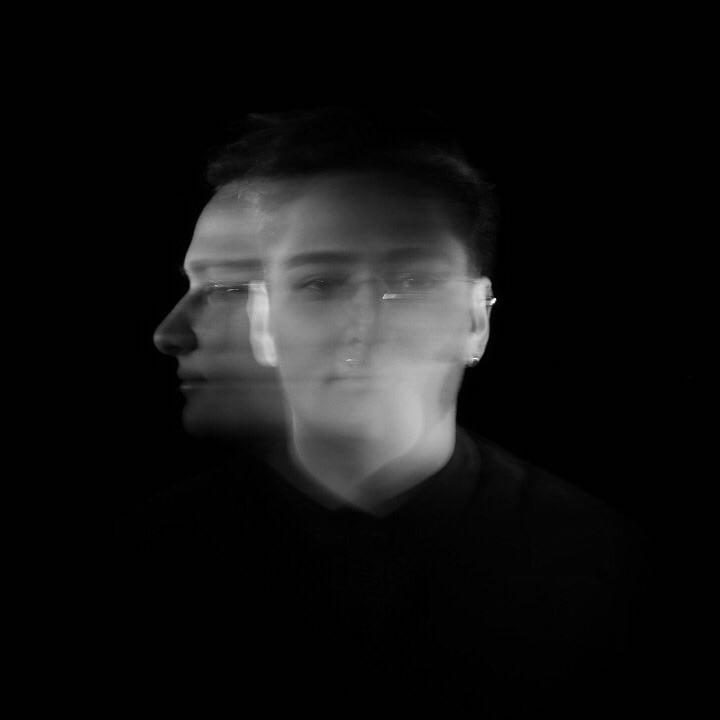
Iran might not strike you as a hotbed for electronic music exploration – think again
Nesa Azadikhah was born in 1984 in the Iranian capital Tehran – whilst this might not first strike you as a centre of electronic music exploration, you might need to think again.
Having founded the blog and music collective Deep House Tehran in 2014, the site has become the leading focus for Iranian underground house and electronic music. Covering young artists and homegrown talent worldwide, the site gives coverage to up and coming artists who release music and actively work with record labels across the globe: the likes of Sharooz, Sam Farsio, Bardia F and Namito already making their mark. With the site’s audio amassing more than 3 million plays in the form of podcasts and streaming, there’s no denying the role it’s playing in bringing wider attention to fresh creative output.
Nesa holds a diploma in Physics and Mathematics and stepped into the music world when she was 7 years old by starting to learn playing traditional Persian musical instruments and has always enjoyed listening to different genres of music from an early age. Having followed her trajectory for quite some time, we reached out to dig a little deeper into her back story and find out more:
What first got you hooked into electronic music?
“Well, I started by making my own music selections on cassettes. I also enjoyed playing music at parties and that led me to being attracted to DJing. After that, I got drawn more and more into electronic music.”
Who were the first artists you discovered?
“When I was a kid, music was’t easily accessible in my country and I mostly had to listen to my father’s 70s-80s archive on cassettes; and I loved listening to Disco music. Music shops were banned in Tehran and what little options found on the black market had to suffice. My first bootleg cassette I bought was a trance selection suggested by the seller from an artist named Paul Oakenfold. I also loved watching Bjork’s music videos on the satellite-TV channels so my next music cassette I ordered was from her.”
Was there an underground party scene to speak of when you were younger?
“Underground parties have always been running in the city and today we have them a lot too. Although they’ve been prohibited by the government, I honestly I don’t really remember when was the first one that I went to was.”
Who has been your biggest influence so far?
“I’d have to say two of my closest childhood friends influenced me a lot actually, I’ve always got a lot of news and information about music from them, they’ve always commented on my efforts and gave all the information they could. They were also the ones that got me my first DJ mixer!”
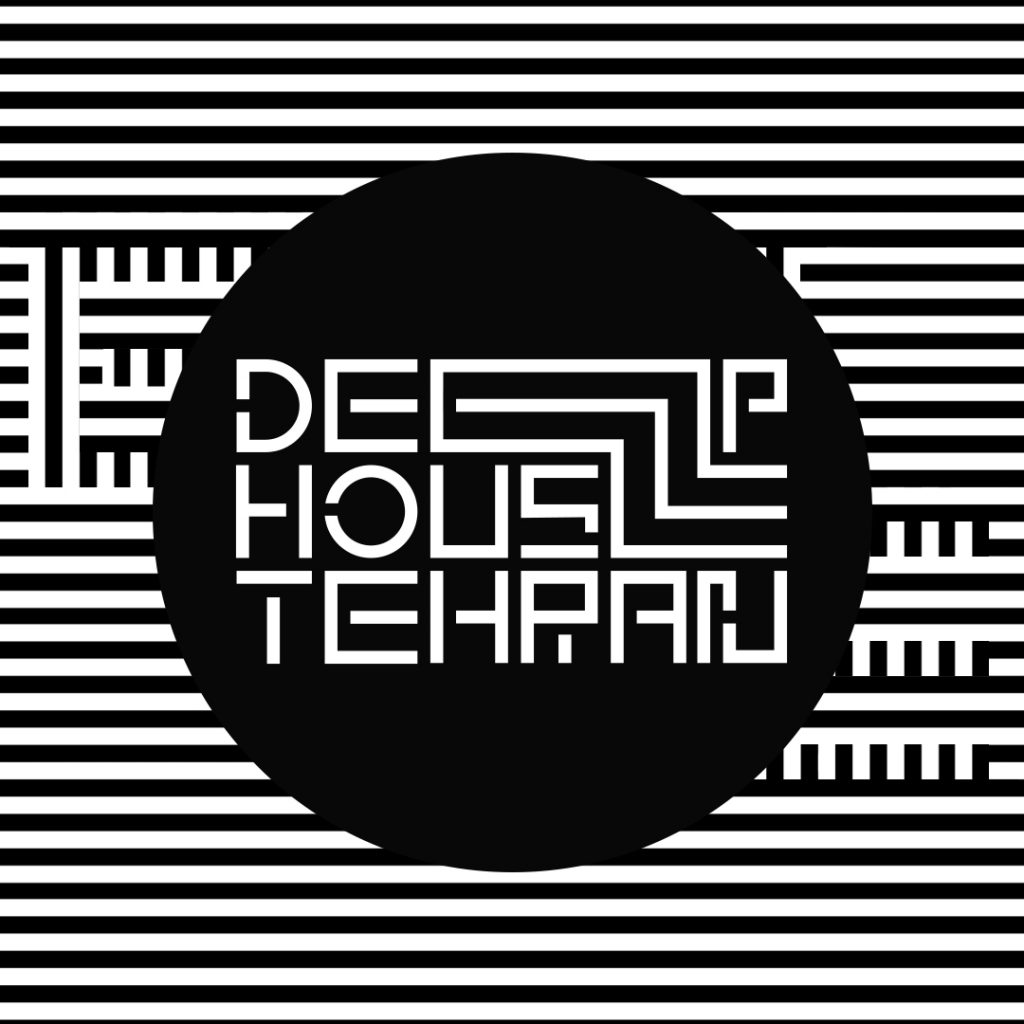
What made you decide to start your blog?
“There were a lot of reasons for me starting Deep House Tehran, from introducing Iranian artists and their works to the world (the difficulty that I was struggling with all the time because of the lack of connections), to collecting and translating news and articles about Electronic music into Farsi language and publishing them. My own English is a bit poor so I’ve always needed this myself. In fact, all the problems and obstacles that I’ve always struggled with were the exact reasons for me creating a space for Iranian artists to perform and show their art to the outside world in audio and also video form.”
There’s been a real explosion of electronic music in Iran, what’s been the driving force?
“The easy access to the internet more than anything nowadays, that and watching educational videos, the accessibility of a lot of music software has brought about a lot of home studio set ups. I don’t think it’s happened exclusively in Iran. We’ve seen this kind of explosion in other countries too. The number of musicians and DJs in electronic music has been increasing a lot in all over the world.”
From your perspective, which Iranian labels and artists should we be checking out?
“I’d like to talk about an Iranian label named “Zabte Sote” by Iranian artist Ata Ebtekar (Sote) that’s has focused more on experimental styles of music and from my point of view, its among the best ones that are being run in Iran.”
“Another Iranian music label that I want to mention is Shahr-e-Farang that is being run by one of my favorite artists named Ahu (Sohrab). Although this Iranian label is based in Germany.”
When did you start making music yourself?
“I started DJing at the age of sixteen and two years later I started production with some music software as well.”
What do you think makes a good dj?
“In my opinion, a good DJ is one with great character and good energy and taste who can catch and control the attention of the audience by understanding the space and the crowd.”
And vice-versa, what do you think makes a good producer?
“A good producer is one who is always learning and never thinks or says that they are the best. This humbleness will reflect on the work of the artist surely.”
You’ve been building a strong reputation for yourself, what’s been your most exciting moment so far?
“This comment puts a smile on my face. Actually I think I have had to go through a very difficult path and put a lot more effort into my work to gain the credit and reputation that you’re talking about. Many things have happened to me at every stage of my career. But one of the most exciting things that happened to me is a short video that was produced to introduce me and DeepHouseTehran. This video was published by 4:3 Boiler room and Wetransfer.
Also, I have always wished to record a podcast for NTS Radio and I finally got this amazing offer from them for the international women’s day.”
What projects are you working at the moment?
“Currently, I’m working on a live music performance that I hope would be possible to be performed in Iran, Otherwise I’m going to plan to perform it outside the country. I’ve also made an EP/album recently that is going to be released soon on the Verdant Recordings label.”
How do you see the future developing for you?
“First of all, I am hoping to promote Deep House Tehran a lot further. This group’s fame and success would not have been possible without an extensive team work and collaboration with my good friends and artists Farhang Heydari and Parsa Parhizkar.
In addition I’m hoping to be able to perform my personal projects in different stages.”

